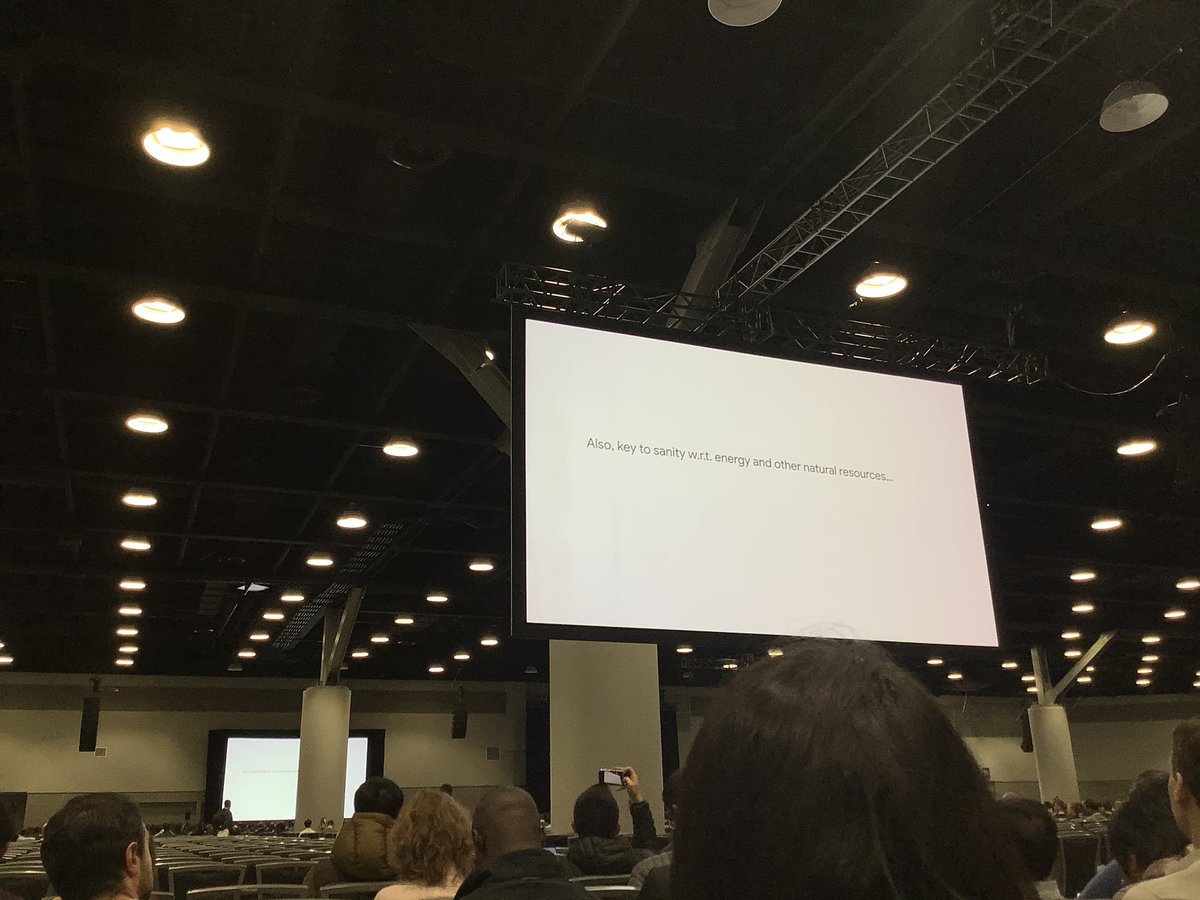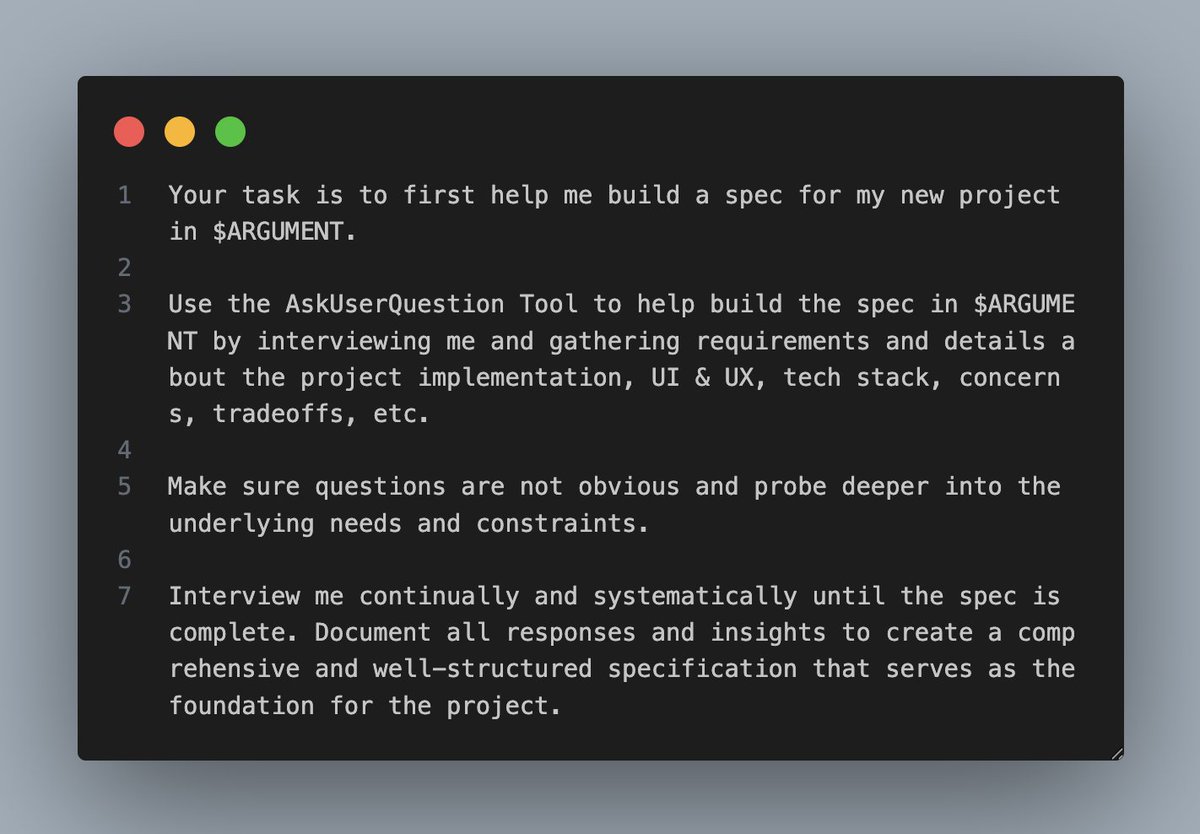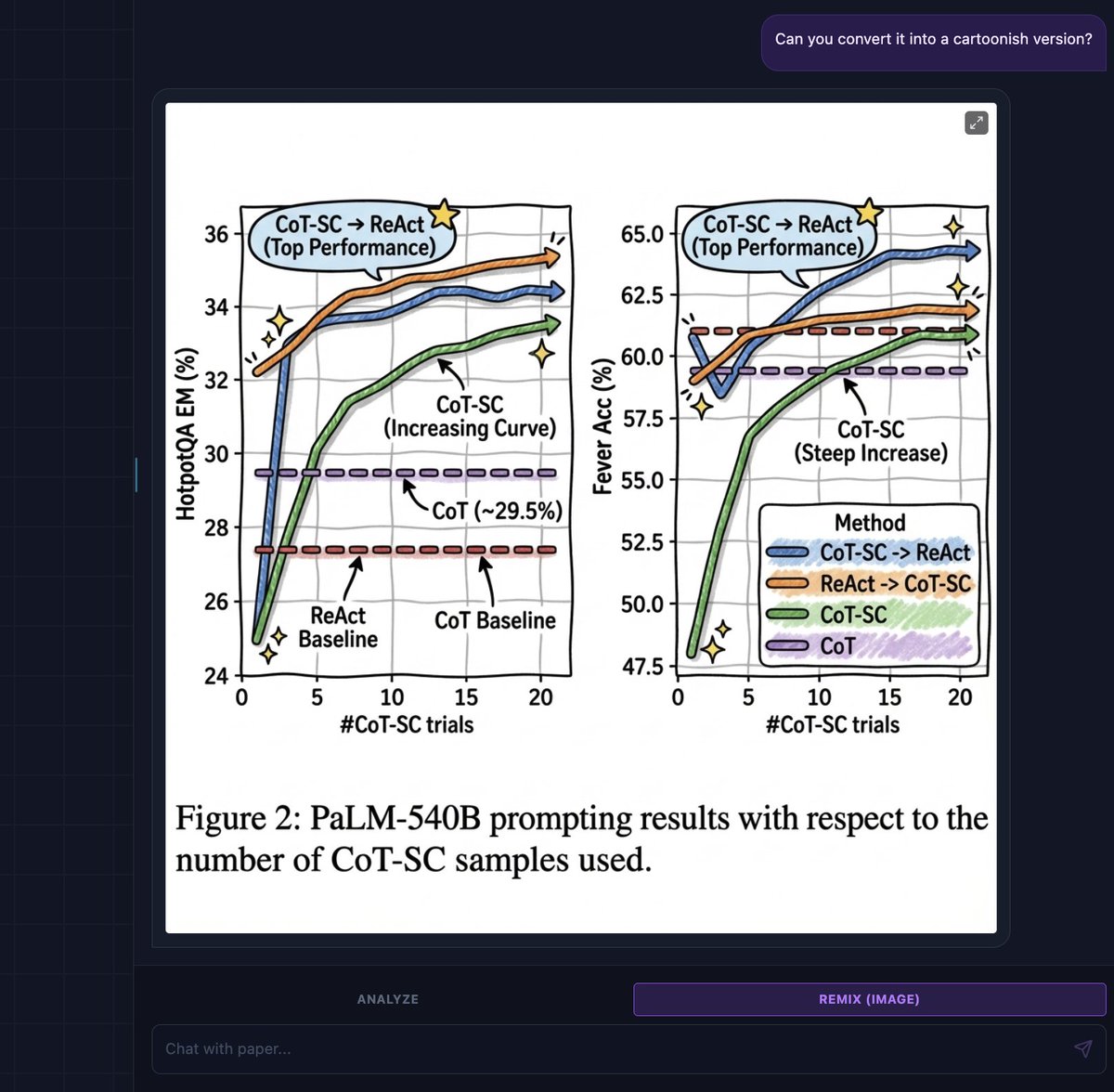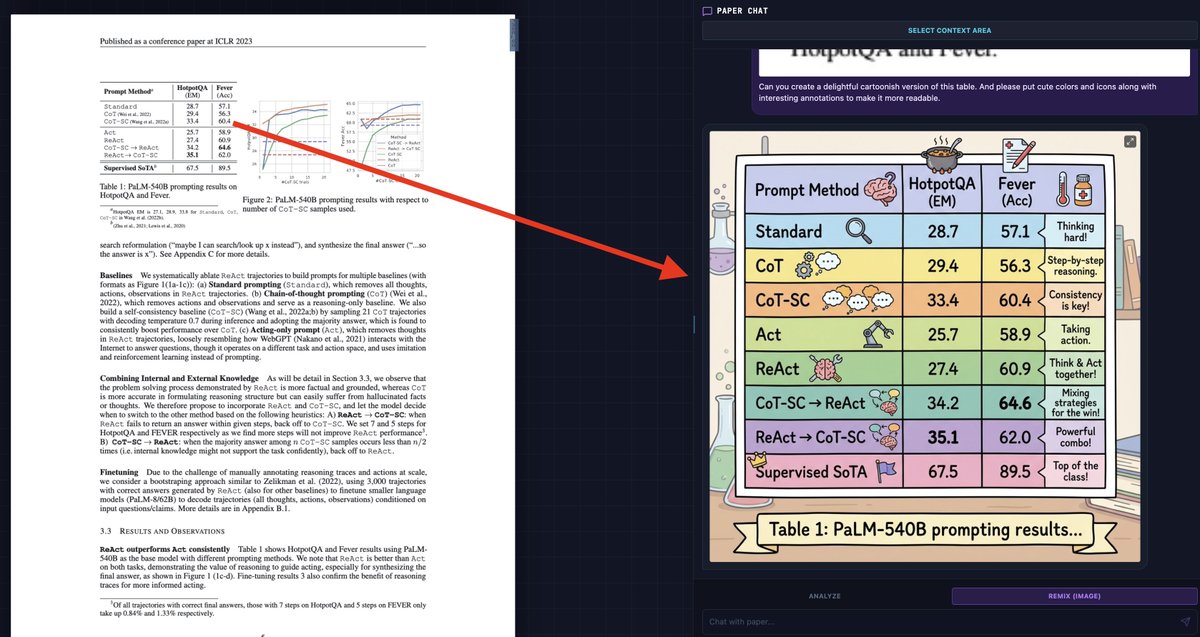Talk on Social Intelligence by Blaise is getting started now at West Hall C. #NeurIPS2019 

• • •
Missing some Tweet in this thread? You can try to
force a refresh














